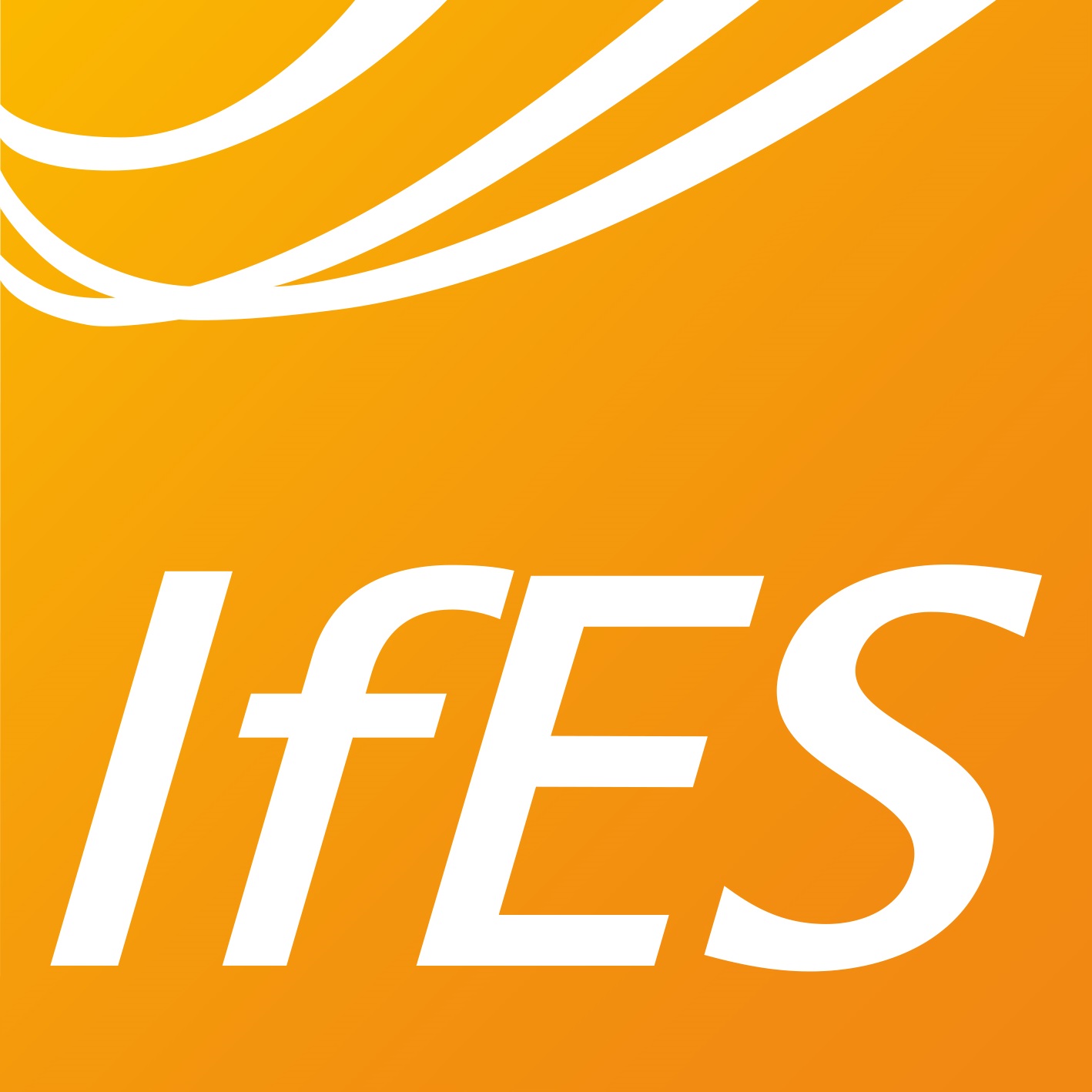CFD simulation of nanofluid in a distribution transformer
- verfasst von
- Leyla Raeisian, Peter Werle, Hamid Niazmand
- Abstract
Since the last decade, fluids with suspended particles called “nanofluids”, have been employed as a new method of modifying the thermophysical properties of fluid in order to increase its heat transfer efficiency. Nanofluid has also the potential to be used in the transformer industry in order to improve the oil electrical and thermal properties, which leads to better performance and higher efficiency of the cooling system in the transformer. In this regard, the performance of oil-based nanofluid as the new generation of media for the application in liquid-filled transformers has been numerically evaluated in this research. Accordingly, the Fe3O4/oil nanofluid in weight ratio of 0.5 g/l was simulated as a homogeneous single phase flow with the temperature dependent thermophysical properties in a 200 kVA distribution transformer in three dimensions with all details of the active part, hollow fins and narrow oil channels. Then, the hotspot temperature, temperature and velocity distribution of Fe3O4/oil nanofluid were obtained and compared with those of pure mineral oil, in order to examine the performance of nanofluid. Based on the numerical results, the hotspot temperature with Fe3O4/oil is 2 °C lower than the mineral oil and the transformer experiences considerably lower temperature in the windings channels, which has been recognized as the thermally critical region in the transformer. So, the cooling system of a transformer with Fe3O4/oil expected to be more effective and efficient, helping the transformer to work in a more secure and reliable condition.
- Organisationseinheit(en)
-
Fachgebiet Hochspannungstechnik und Asset Management (Schering-Institut)
Institut für Elektrische Energiesysteme
- Externe Organisation(en)
-
Ferdowsi University of Mashhad (FUM)
- Typ
- Aufsatz in Konferenzband
- Seiten
- 259-268
- Anzahl der Seiten
- 10
- Publikationsdatum
- 2020
- Publikationsstatus
- Veröffentlicht
- Peer-reviewed
- Ja
- ASJC Scopus Sachgebiete
- Wirtschaftsingenieurwesen und Fertigungstechnik
- Elektronische Version(en)
-
https://doi.org/10.1007/978-3-030-31680-8_27 (Zugang:
Geschlossen)


